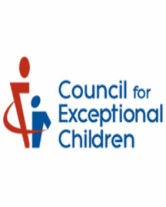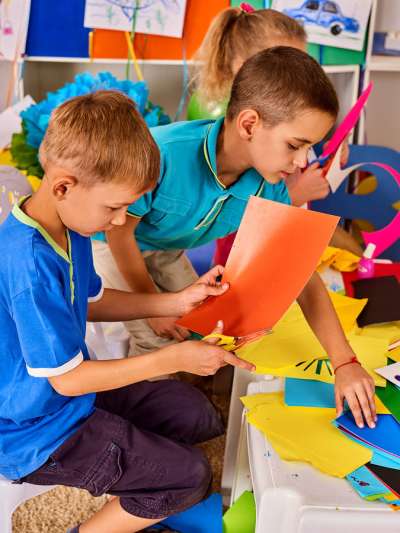Tailor Reinforcement to Meet Individual Needs
Teachers and other instructors should tailor types and schedules of reinforcement to individual students' needs. Whenever possible, they should use social reinforcers. Thus, students who respond to social praise should not be introduced to tangible reinforcement. Additionally, educators should have plans and schedules for advancing students from one reinforcement type to another.
Educate Tutors and Others About Autism
Students with autism have characteristics and behaviors about which teachers and general education students may not be knowledgeable. In order to facilitate interactions with autistic students, regular education staff and students should be provided opportunities to learn about autism. Promoting an understanding of autism and helping peers and teachers develop a positive attitude toward individuals with disabilities enhance social interaction programs.
Ideally, regular class students and teachers should know the characteristics of autism and have opportunities to become acquainted with children and youth with autism before formal social interaction programs are initiated.
Facilitate Initial Interactions
Instructors must make a concerted effort to ensure that prompts do not interfere with or disrupt social interactions. Students with autism often become prompt dependent; that is, they only respond or initiate after receiving a cue from their teacher. Instructors should carefully monitor prompts to ensure that they facilitate rather than inhibit interactions and that they are applied as minimally as possible.
Make Data-Based Program Decisions
Professionals should collect and analyze data on social interactions of general education students with their peers with autism in both structured and unstructured settings. Data analysis assists instructors in deciding whether specific programs are effective and whether they require modification. Decisions relating to social interaction programs that are made independent of objective data are often faulty.
Generalize Social Skills
Students with autism may learn to use a social interaction skill in a specific setting or under a certain condition, but not understand that it has utility in other environments or circumstances. Therefore, it is important to plan for generalization of social interaction skills across individuals and settings. Without generalization instruction and practice, social interaction skills will typically be narrowly applied by children and youth with autism.
Maintain Acquired Social Skills
Social interaction programs are often structured to teach a particular skill to mastery. Subsequent to criterion achievement, instructors move to another skill. However, if previously acquired skills are not reviewed, students may forget and eventually require new instruction. To limit such occurrences, teachers should provide opportunities for students with autism to practice and maintain previously acquired skills.
















